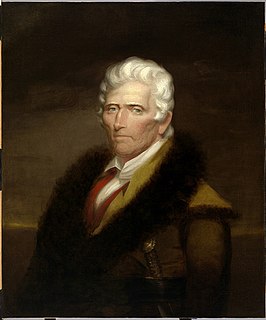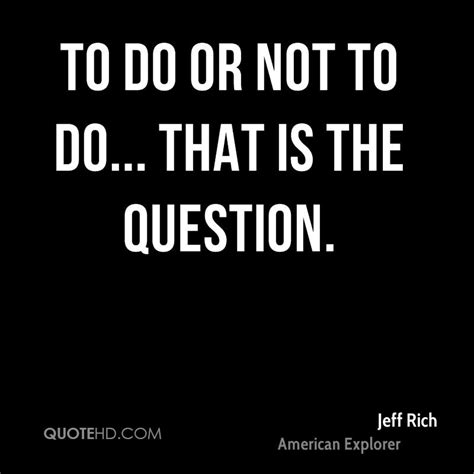A Quote by James Cook
Private charity discourages poverty while public subsidies encourage it.
Related Quotes
When we want to help the poor, we usually offer them charity. Most often we use charity to avoid recognizing the problem and finding the solution for it. Charity becomes a way to shrug off our responsibility. But charity is no solution to poverty. Charity only perpetuates poverty by taking the initiative away from the poor. Charity allows us to go ahead with our own lives without worrying about the lives of the poor. Charity appeases our consciences.
While business advertises, charity is taught to beg. While business motivates with a dollar, charity is told to motivate with guilt. While business takes chances, charity is expected to be cautious. We measure the success of businesses over the long term, but we want our gratification in charity immediately. We are taught that a return on investment should be offered for making consumer goods, but not for making a better world.
For such will be our ruin if you, in the immensity of your public abstractions, forget the private figure, or if we in the intensity of our private emotions forget the public world. Both houses will be ruined, the public and the private, the material and the spiritual, for they are inseparably connected.








































